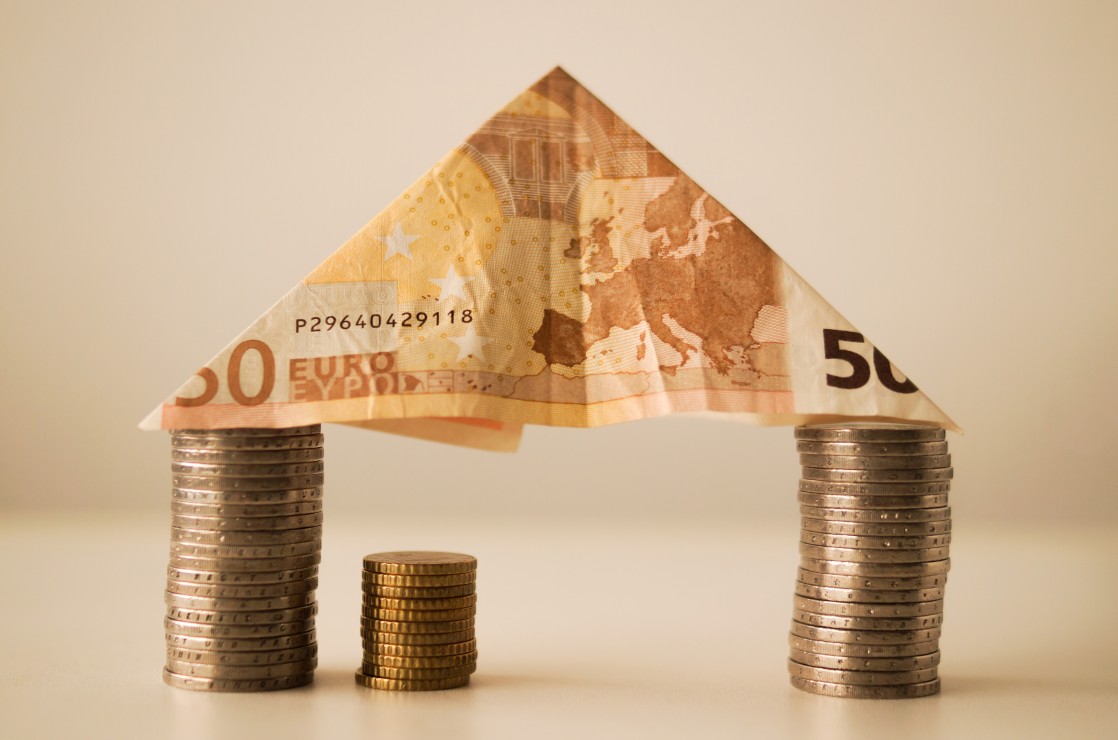Picking up litter would be awesome. Volunteering at the assisted living facility down the road would be even better. But of all the possible ways to make a difference, which is the best? And how do you know it’s the best? In other words, how can you ensure you not only make a difference, but the most difference you can? And if you want to do good with your career, what’s the best career you can choose in terms of having a social impact?
Bill Gates, Elon Musk, and Cari Tuna answer these questions using high quality evidence, careful reasoning, and in-depth research, rather than simply following gut feelings or what makes them feel good. They are proponents of effective altruism (EA), which, as effectivealtruism.org describes, is “a growing social movement that combines both the heart and the head: compassion guided by data and reason.” EA asks you to use your time and money as effectively as possible to change the world for the better.
For example: EA research has found that about 75 per cent of charitable interventions have little to no effect. This doesn’t mean that you shouldn’t donate to charities, though. The same research shows that among those charities that have an effect, the most effective can have hundreds or even thousands of times greater social return per dollar than others.
As reported in Will MacAskill’s recent book Doing Good Better, one example of these charities is Deworm the World, an organization that works to improve the school attendance of children in Kenya, India, Vietnam, and Ethiopia by providing tablets to deworm them of common parasites. Compared to other initiatives addressing school attendance, Deworm the World is about 695 times more effective than giving cash rewards to girls who stay in school, about 45 times more effective than granting students merit scholarships, and about 20 times more effective than giving children free uniforms.
Want to know more? There’s been an upsurge in recent resources for engagement with EA: from websites like the Center of Effective Altruism, to career choice aids from 80,000 Hours, to charity assessment organizations like Giving What We Can and Givewell, to books like Peter Singer’s The Life You Can Save.
At UVic, a new student group was started earlier this year, joining this emerging international movement. It follows in the footsteps of EA student groups at Oxford, Cambridge, Princeton, Harvard, and many other universities around the world. UVic EA will be this fall, with plans to hold events to discuss the efficacy of various charitable interventions and career choices, raise money for the most effective charities, and provide a forum for like-minded students to meet one another.
Getting involved with UVic EA will be particularly relevant for students trying to figure out how to have the greatest impact — and it’s useful to start thinking about this early. We can do a lot of good over our lifetimes. Currently, UVic EA provides links to TED talks, podcasts, and leading EA organizations. You can find the group by searching UVic Effective Altruism on Facebook.
So if you’ve been asking yourself recently “How can I do the most good?” come join us!
Heike Lettrari and Wray McOuat write on behalf of UVic Effective Altruism.







